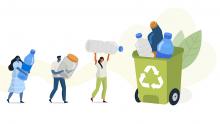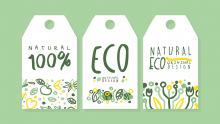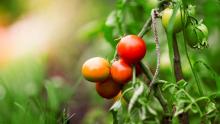New research supports creating integrated waste collection systems

Transitioning to a waste-free economy requires cities and regions across Europe to properly collect, recycle and reuse waste. Unfortunately, this is not the case in many places. Thanks to the EU-funded COLLECTORS project, policymakers have access to the information they need to implement fully integrated waste collection systems, making life cleaner and greener for EU citizens.









